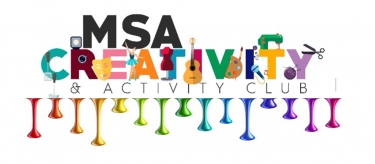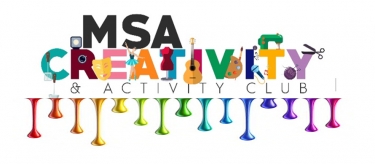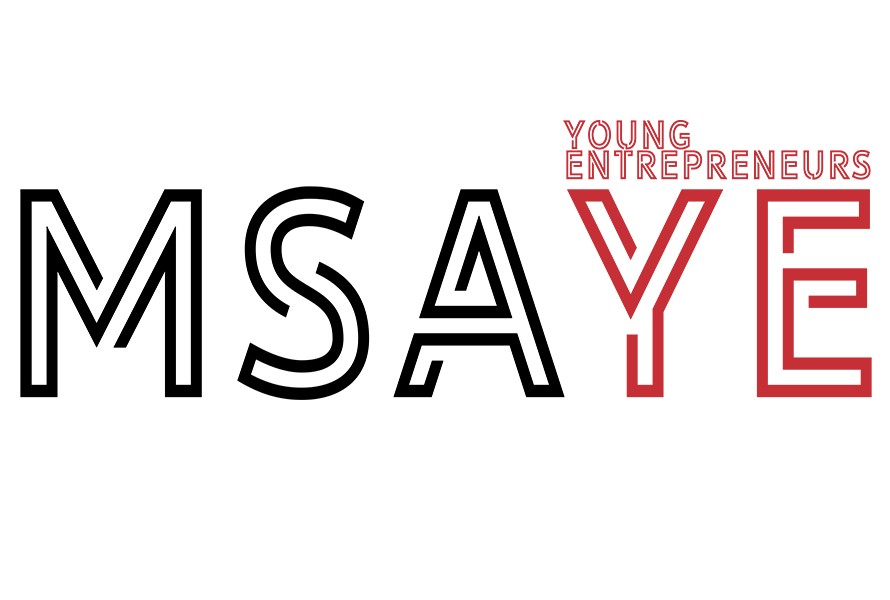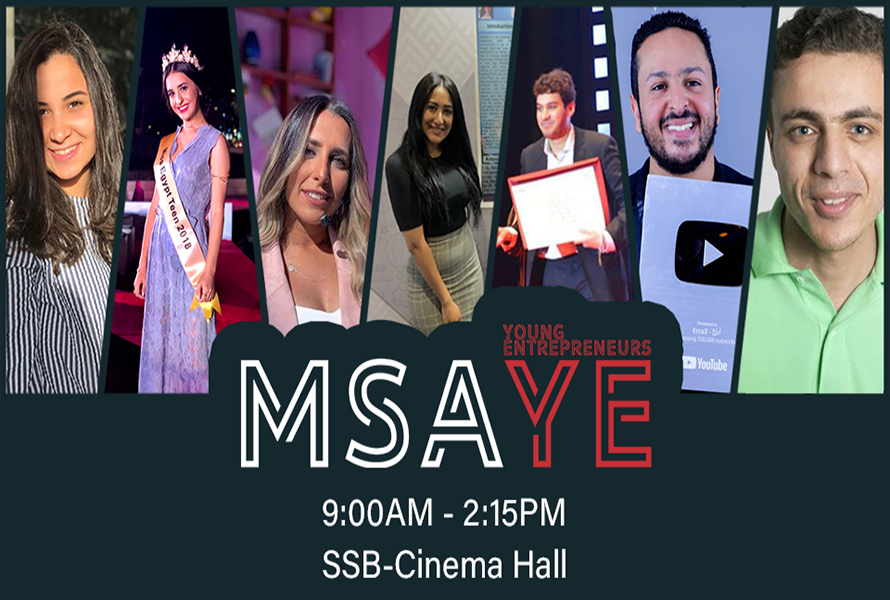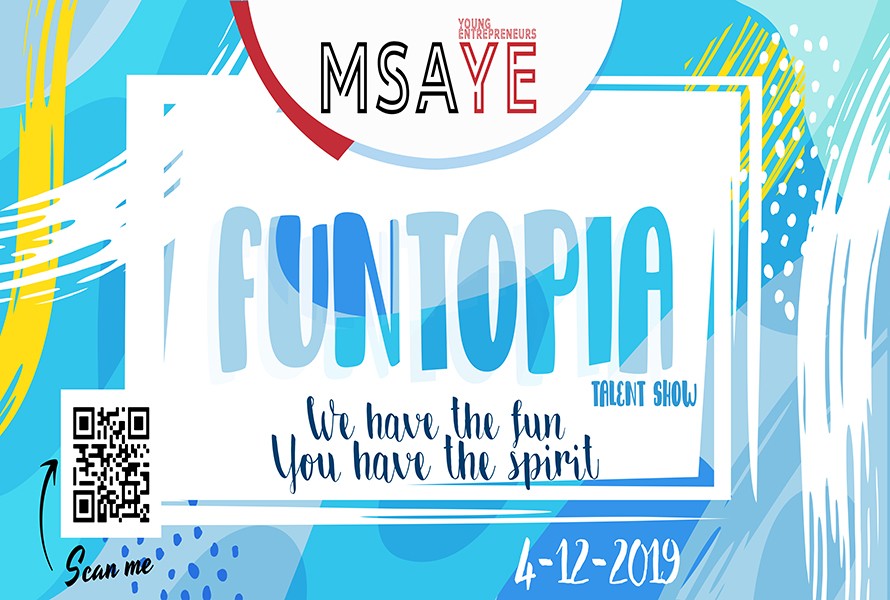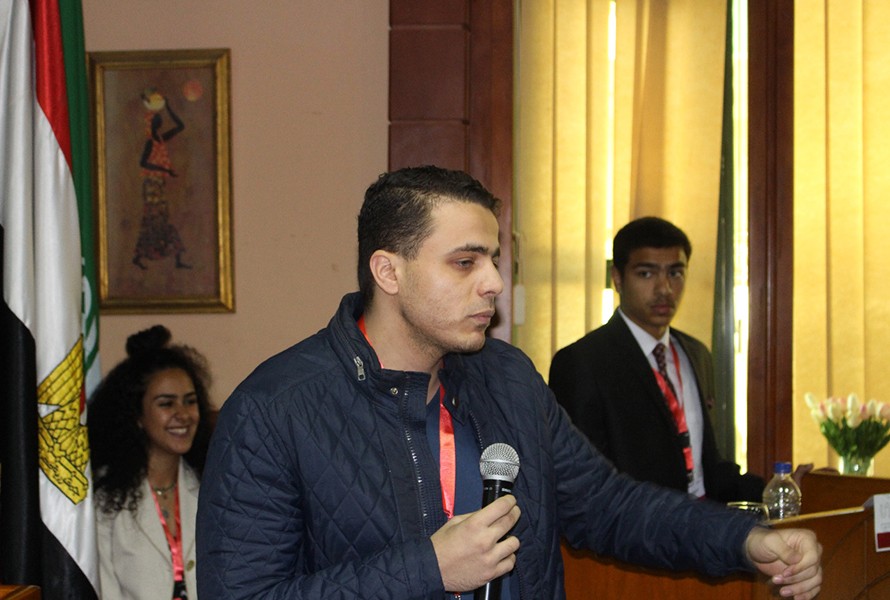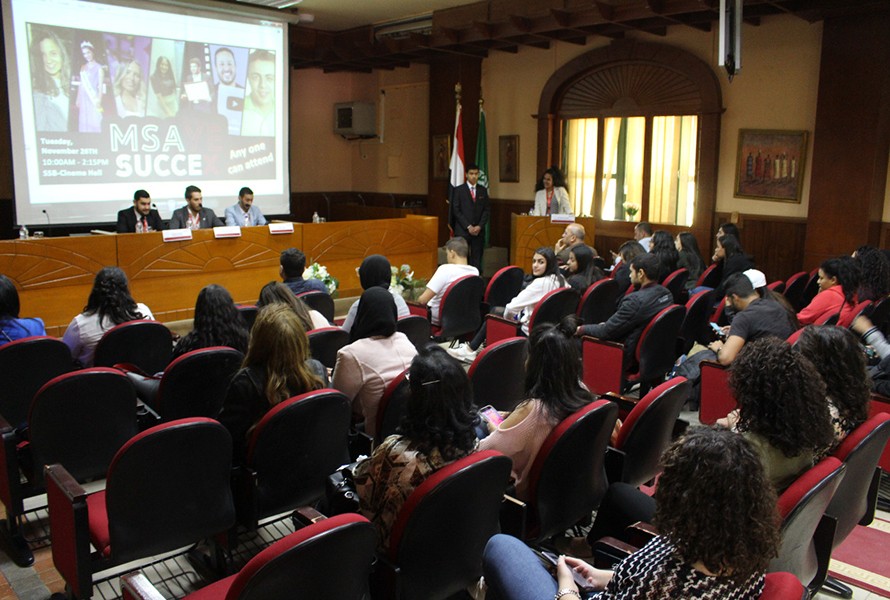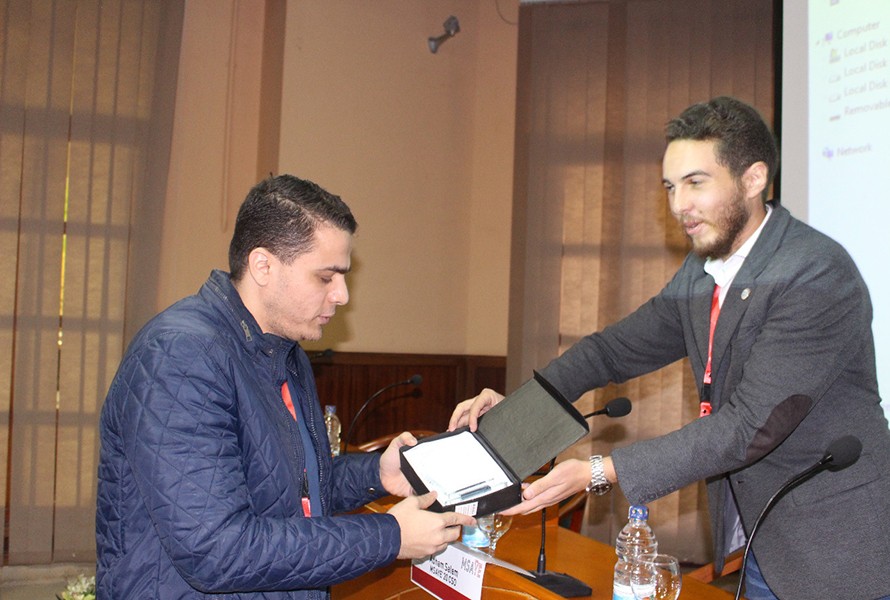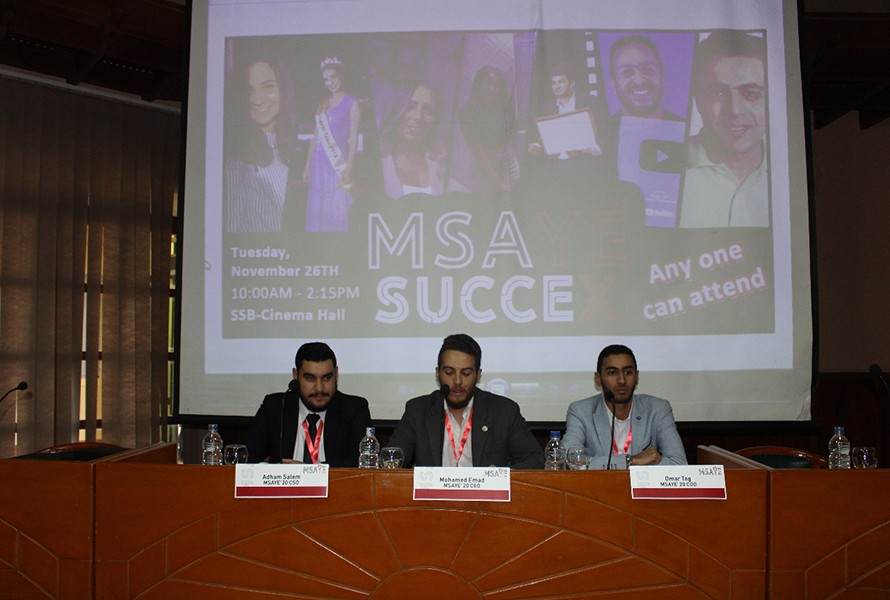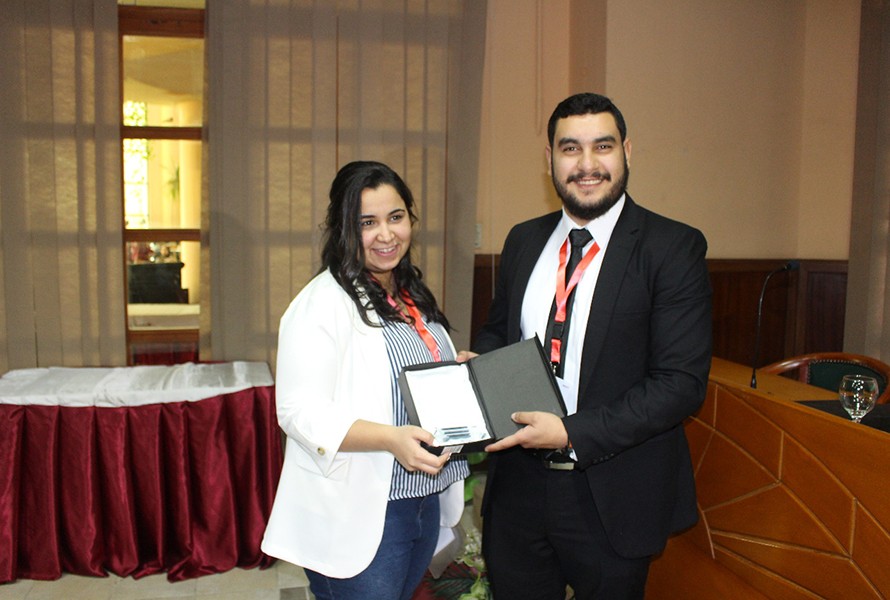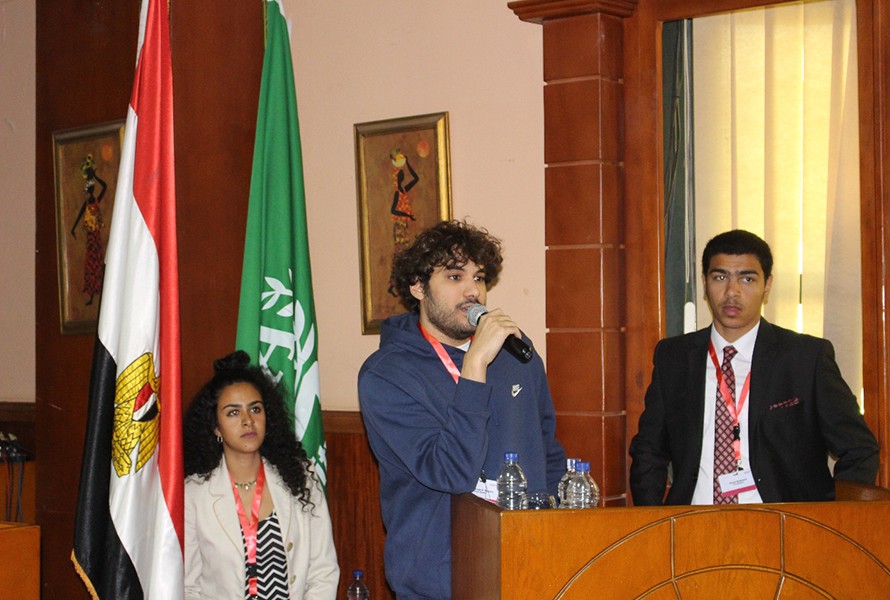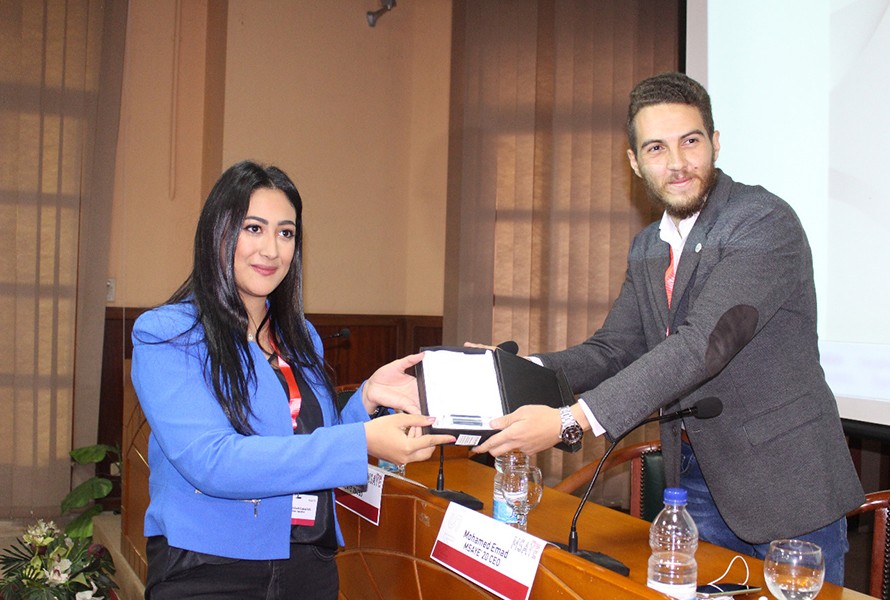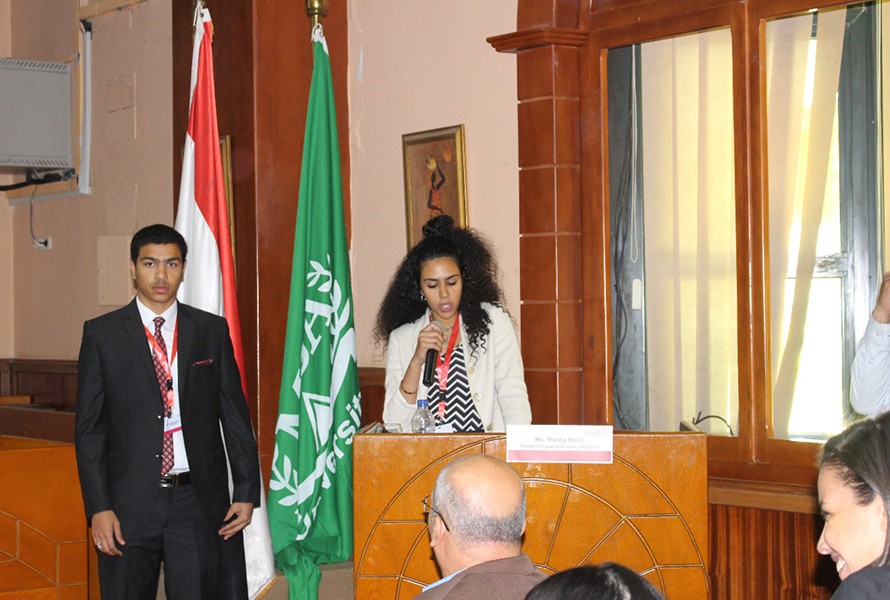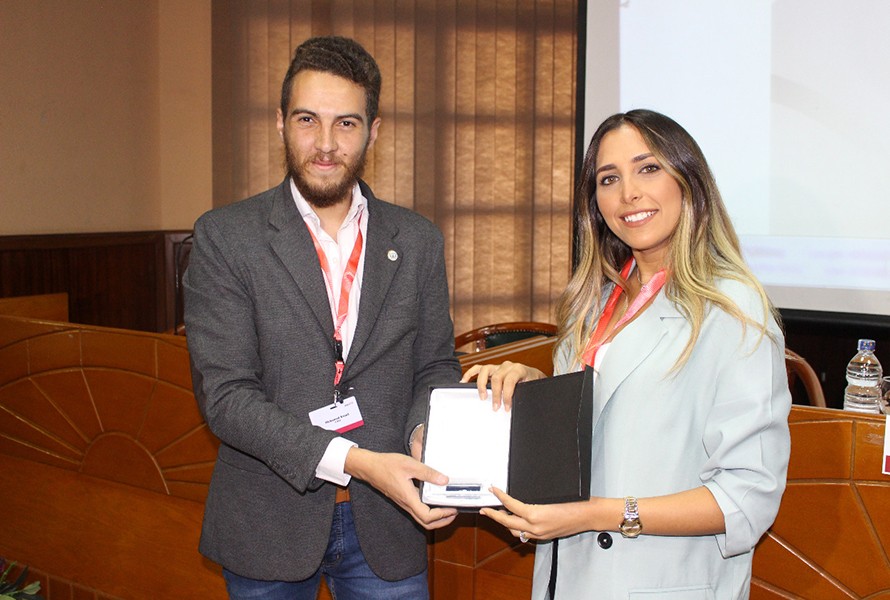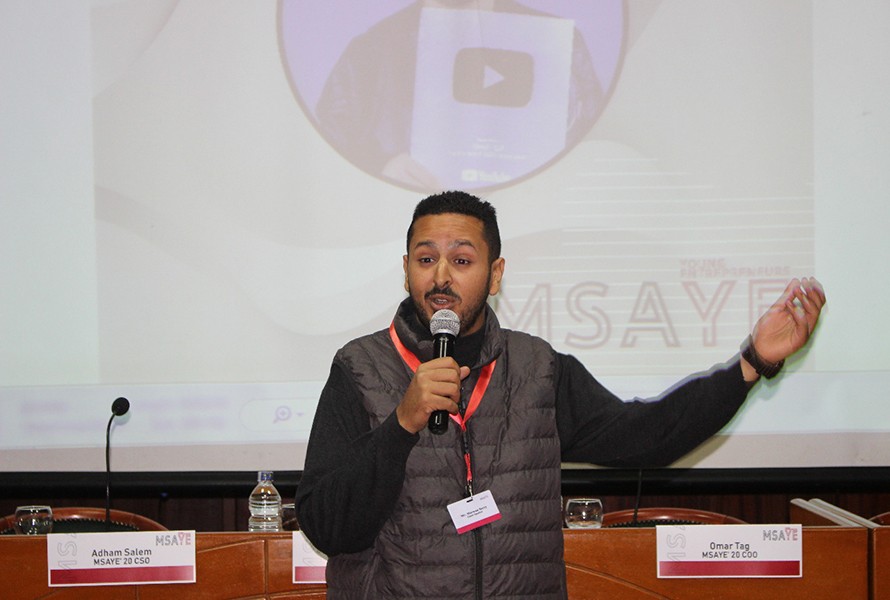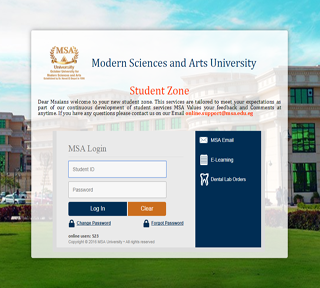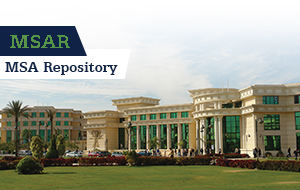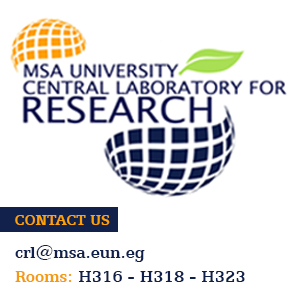Arts Soldiers
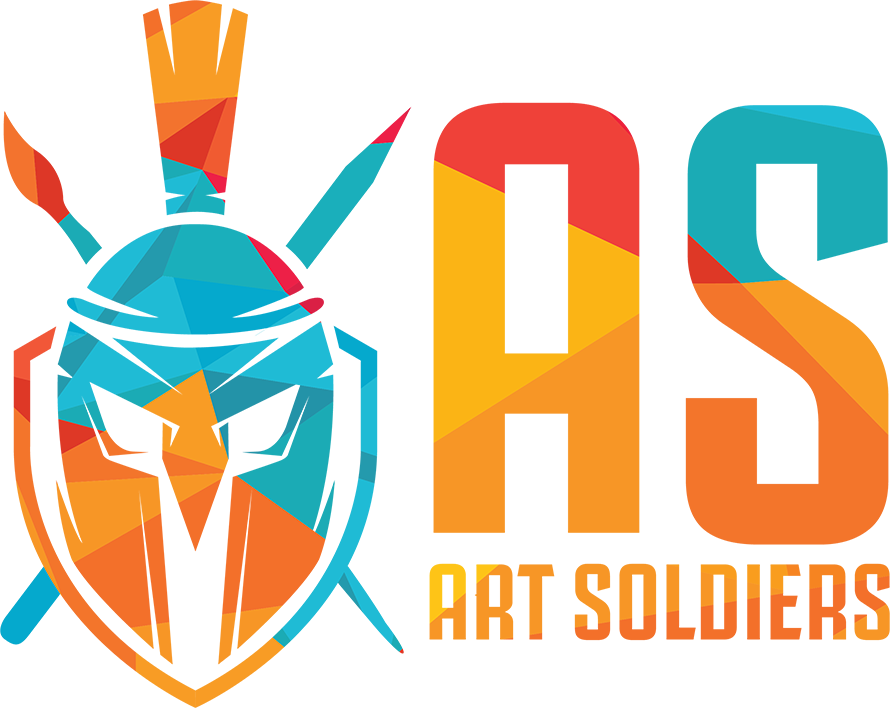
- creating a competition between students
- awaring them the importance of courses in next levels and practical life.
- Obtaining a good CV for MSAIANS filled by their works.
- General Director: Mahmoud Mohamed Osman
- AC Heads: Yousef Ahmed Habashy, Ahmed Elmontasr
- OC Heads: Nadine Mokhtar, Aladdid Amr
- Graphics Section: Nader Samir, Khadija Abouzeid and Mohamed Mounier.
- Photography Section: Felopateer Hany, Marwan Osama and Yousab Wadea.
- Coordination Committee: Farah Mahmoud
- Reception Committee: Yassmin Mohamed
- Marketing Committee: Ahmed Mostafa
- HR Committee: Amara Ibrahem
- Fundraising Committee: Ahmed Elmontasr
- Media Committee: Yousab Wadea
- Targeted faculties: Art and Design as a priority, but All faculties are included.
- Targeted number: 90 students and the rest will be resisted in the next semester.
Week 2: orientation
Week 3: lecture
Week 4: lecture + workshop
Week 5: Art galleries and outing (buses while going and coming individually).
Week 6, 7 & 8: MID TERM EXAMS
Week 9: lecture + workshop
Week 10: workshop
Week 11: workshop
Week 12: Rehearsal
week13: Final Exhibition
P.S: All lectures and workshops are under the supervision of TA.Lojain Alaa Elnawawy.
Strategy 2018/2019 - 2023/2024
Creativity & Activity Board
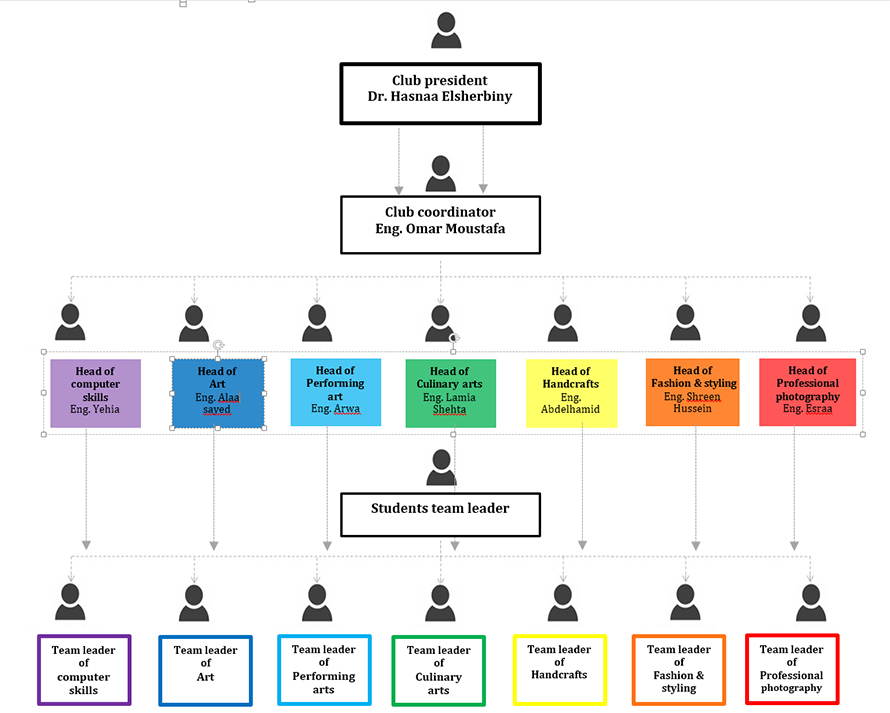
The Role of the Creativity & Activity Club:
- providing chance to exhibit their artwork.
- providing wide range of creative workshops.
- Providing the opportunity to exchange creative experiences and different talents.
- Encourage outstanding talented and creative people to help them develop their creative skills.
- Creating an innovative community in the campus atmosphere.
- Organizing a group of creative and artistic competitions that add a pleasant character to the University life.
- Students active in the club activities will submit a portfolio of their work in the club and will be received a certificate of all their accomplishments.
- Converting their joyful talents to become source of income and to be more professional.
- Organizing a festival of creativity, arts and different talents at the end of each academic term.
Academic Advisor:
Types of Activities:
Committees:
- Committee of Computer Skills
- Committee of Fine Arts
- Committee of Performing Arts
- Committee of Culinary Arts (Creative Food Making)
- Committee of Handcrafts
- Committee of Fashion and Styling
- Committee of Professional Photography
About Creativity & Activity Club
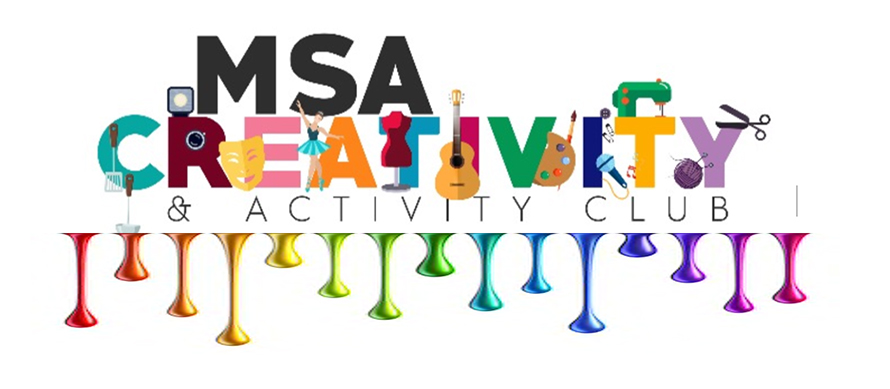
1. About:
Gathering creative students to explore and reveal their talents, and to get the chance to exhibit their work sounds like a good idea, So The Creativity and Activity Club—founded in 2019 in MSA University—aims to bring different students together under the umbrella of art, where talented students are encouraged to unleash their skills and share them with others who have similar interests. College days can be a lot more than mere studying hours and attending lectures. Since the university is an excellent place to meet people of every kind, and who can do almost anything, it would be great to take an advantage of those assets before graduating. Making time for extracurricular activities can be a tough job that this club would make a lot easier. That happens when it brings people with passion together, sharing time and place and their love for a specific form art. These arts could include just anything; from painting and sketching to baking, cooking, graphic design, costume-making, makeup, photography, writing, and a lot more.
2. Vision:
The Club is a pioneer of creative activities and his members are the best among Egyptian Universities with their ability to professionalize their talents.
3. Mission:
Establishing a community that encourages students to participate in extracurricular activities where they can display their work and teach others their skills.
4. Objectives:
The Creativity and Activity Club works to establish a creative community within the campus, where people with different talents meet and display their work, extending the platform of those who already have audience and helping others who never got the chance so that their work can finally see the light of day. However, it does not stop there; students are also encouraged to teach their skills to others. So it is more rewarding—seeing one’s work and experience benefitting others. Students learning from students, while all sharing the same passion for something would create a positive learning medium where everyone is always motivated since they feel their effective roles and sensing how they are part of the whole thing, and where everyone is always learning something new. Another bonus point is students being able to sell the outcome products in bazaars held on campus, gaining a tangible income from their very own work of hand.
Entrepreneurship Courses
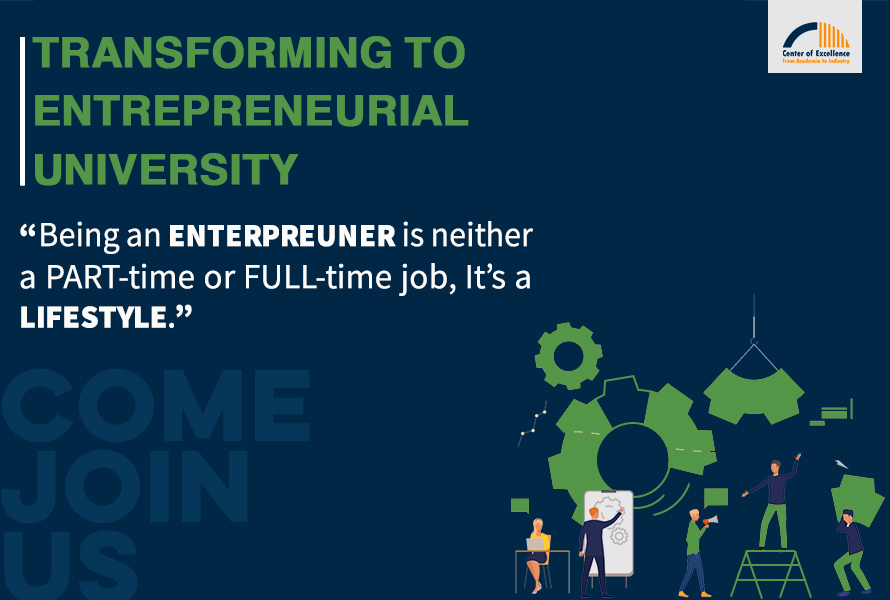
Dr. Nermeen Nadim's Biography:
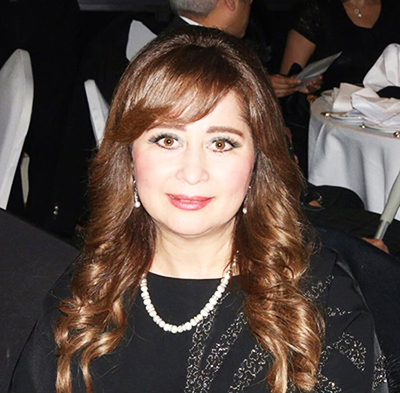
- PHD in Human Resources Management – School of Business, University of Maryland , USA (2011).
- Master degree in Business Administration in Human Resources Management & Marketing , Arab Academy for Science Technology and Maritime in affiliation with Central Michigan University, USA (2006).
- Diploma in Entrepreneurship & Challenge perceptions AUC ( 2004 ).
- Diploma in Leadership, coaching & mentoring (2002) AUC.
- Intensive Course in Creative thinking & Innovation ( 2000) AmCham.
- Diploma in Simultaneous Interpretation Translation – American University in Cairo, Egypt (1989).
- Member & Consultant in Society of Human Resources Management (SHRM) - USA.
- Professional Member & certified worldwide trainer in IBDL - USA.
Member & Consultant in:
- American Chamber – AmCham (USA and Egypt).
- Industrial Modernization Center – Egypt.
- Egyptian human resources management association (EHRMA).
- HRians Egypt. Assistant Governor Zone 2451 in Rotary International.
Entrepreneurship is an interdisciplinary course designed to teach students how to think and acting entrepreneurship. Students learn how to start and run a business while they're at the university, thus transforming their learning into gain. The course will build on academic skills across the curriculum, by integrating survey-based learning and business tools that will enable students to analyze, create, develop and pilot small businesses in a secure on-campus environment. Those who run to run a small business will bring their products directly to the consumer through the local market or submit a project to potential investors for financing. Concepts and skills are enhanced through a strong focus on practical experiences. Applications are included on the community, individuals, and the use of technology. This course includes a wide range of lessons and activities that offer a variety of ways to engage final students and retain content. Each module contains a series of lessons that include content presentation, virtual demonstrations of this content, recurring opportunity to practice this content, access to success stories for a group of entrepreneurs, preparation of business models suited to the nature of each type of project, identification of different funding sources and selection most suitable for the nature of the project. You do not need any other prerequisites to join except for a passion for Entrepreneurship and Startups.
Successful entrepreneurs pursue new business opportunities often in a pioneering way and contribute to innovation, growth, as well as employment generation. In addition to selecting students who have the elements of entrepreneurship and encourage them to start innovating their own business plan according to the nature of their different orientations. But how exactly do they manage the entry into a market and grow their ventures? What strategies can they implement to achieve sustainable competitive advantage? What are the overall challenges they face? These are examples of fundamental questions that will be addressed in this course. You do not need any other prerequisites to join except for a passion for Entrepreneurship and Startups.
Hurry up & Apply Now.
Sports Academy - 2022/2023
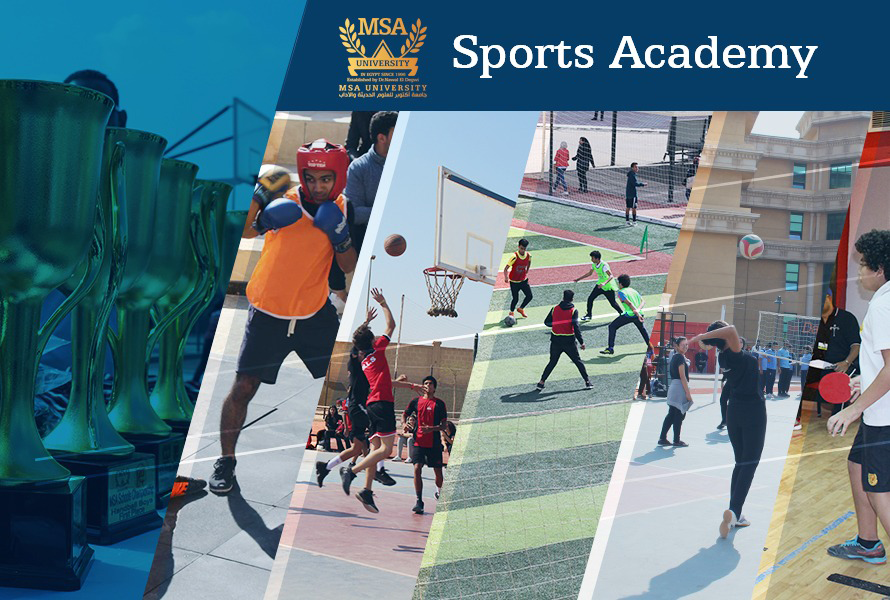
Talent wins games, but teamwork and intelligence win championships. - Micheal Jordan
As MSA University and The social and sports activities department cares about your energetic and sportif spirit and about your health, we would like to inform you that now is the perfect time that you and your favorite team can join and train at any sports you are interested in.
The available sports at the sports academy are:
- Football
- Basketball
- Volleyball
- Boxing
- Tennis Table
To join and to start your journey as an athlete, fill out the following form:
If you cannot view the below document, please click here. | Download the Schedule of Sports Academy Fall 2022
Download the Schedule of Sports Academy Fall 2022
Dear MSAains,
We would like to announce that participation in the activities such as the annual parties, and trips will be postponed until we make sure that all MSA students got vaccinated to ensure the safety of our students and the safety of others.
Hurry up & head to the vaccination room H006 from 9 AM till 3 PM.
Registration could be from the Ministry’s website or you could ask the computer lab secretary at room B223 for assistance in the registration process: www.egcovac.mohp.gov.eg
Activities & Events 2019/2020
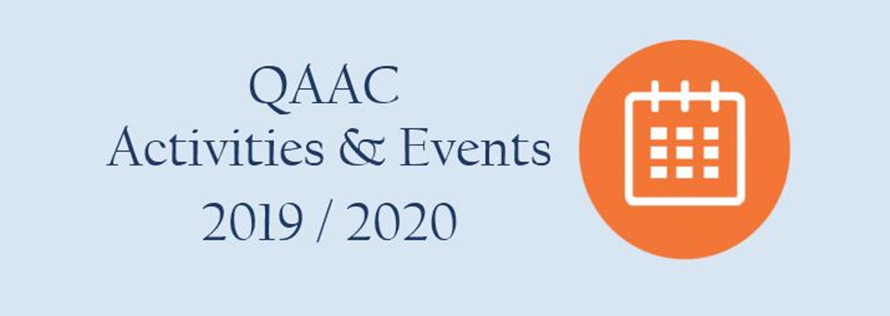
1- On 16th September, 2019; “Research Funding and Collaboration” Workshop that was sponsored by the Egyptian Knowledge Bank, in cooperation with Clarivate Analytics Company.
2- On 25th September, 2019; “Quality for Research Process Optimization” Workshop that was sponsored by the Egyptian Knowledge Bank, in cooperation with Clarivate Analytics Company.
3- On 10th October, 2019; “Research Assessment for Universities Ranking Purposes” Workshop that was sponsored by the Egyptian Knowledge Bank, in cooperation with Clarivate Analytics Company.
4- On 16th October, 2019; “Web of Science Tools” Workshop that was sponsored by the Egyptian Knowledge Bank, in cooperation with Clarivate Analytics Company.
5- On 30th October, 2019; “Graduate Employability for Future Landscapes: Essential Skills for Global Dexterity” Workshop that was sponsored by the Egyptian Knowledge Bank, in cooperation with Knowledge E Company.
6- On 6th November, 2019; “Designing a Blueprint” Awareness Session for the Faculty of Arts & Design.
7- On 12th November, 2019; “Assessment and Testing” Workshop.
8- On 13th November, 2019; “Designing a Blueprint” Awareness Session.
9- On 19th November, 2019; “Facilities for Nano and Materials Science” Workshop that was sponsored by the Egyptian Knowledge Bank.
10- On 24th December, 2019; “SWOT Analysis and Measuring the Achievement of the Strategic Goals” Workshop.
11- On 30th December, 2019; “Strategic Planning” Workshop.
12- On 15th January, 2020; “How to use the Internal Course Assessment Review Report” Awareness Session.
13- On 27th January, 2020; “Self-Study for Higher Education Institutions” Workshop.
14- On 3rd March, 2020; "Introduction to SciVal" Awareness Session that was sponsored by the Egyptian Knowledge Bank.
15- On 23rd June, 2020; “Constructive Alignment and Matrices Required for Accreditation” Webinar.
16- On 24th August, 2020; “Quality Cycle in Higher Education Institutions” Webinar.
17- On 26th August, 2020; “Egyptian Universities Regulation Law” Webinar.
MSAYE
1. About:
Backed by the MSA Entrepreneurship Hub, MSAYE was established in 2018 and its purpose to spread awareness to support young Entrepreneurs, by providing professional and educational trainings to encourage MSA students into a proficient future career.
2. Vision:
MSAYE aspires to make Entrepreneurship the most appealing field to the MSA students through developing the learning process on the professional and the educational levels by spreading the proper awareness and empowerment to the students in order to be the platform that boosts the MSA students and the Egyptian youth to excel.
3. Mission:
MSAYE responsible to spread the entrepreneurship awareness and spirit among the MSA students and the Egyptian youth. Moreover, MSAYE aims to provide professional and educational trainings to build the personal and the professional skills of the MSA students.
4. Objectives:
MSAYE has the following objectives:
- To implement the United Nations Sustainable Development Goals (UNSDG’s).
- To develop the learning process of Entreprenuership on the professional and the educational levels of through participating, conducting, or organizing the suitable events, sessions, conferences, and competitions.
- To spread the proper awareness regarding the importance of the field of Entreprenuership and its relation to other fields.
- To prepare the students for the job market through added value experiences.
- To develop the students on the personal and the professional levels.
5. Founders:
MSAYE was founded by the following members:
- Dr. Yasmine Abdin.
- Mohamed Emad.
- Mohamed Mokhtar.
- Adham Salem.
- Omar Ali.
- Salmma Yasser.
6. Social media:
MSAYE has the following social media channels: A. Facebook: • Page Name: MSAYE. • Page Link: www.facebook.com/msaye2018/ B. Instagram: • Page Name: @msaye2018 • Page Link: www.instagram.com/msaye2018/ C. YouTube: Channel Name: MSA Young Entrepreneurs.
MSA University Hult prize
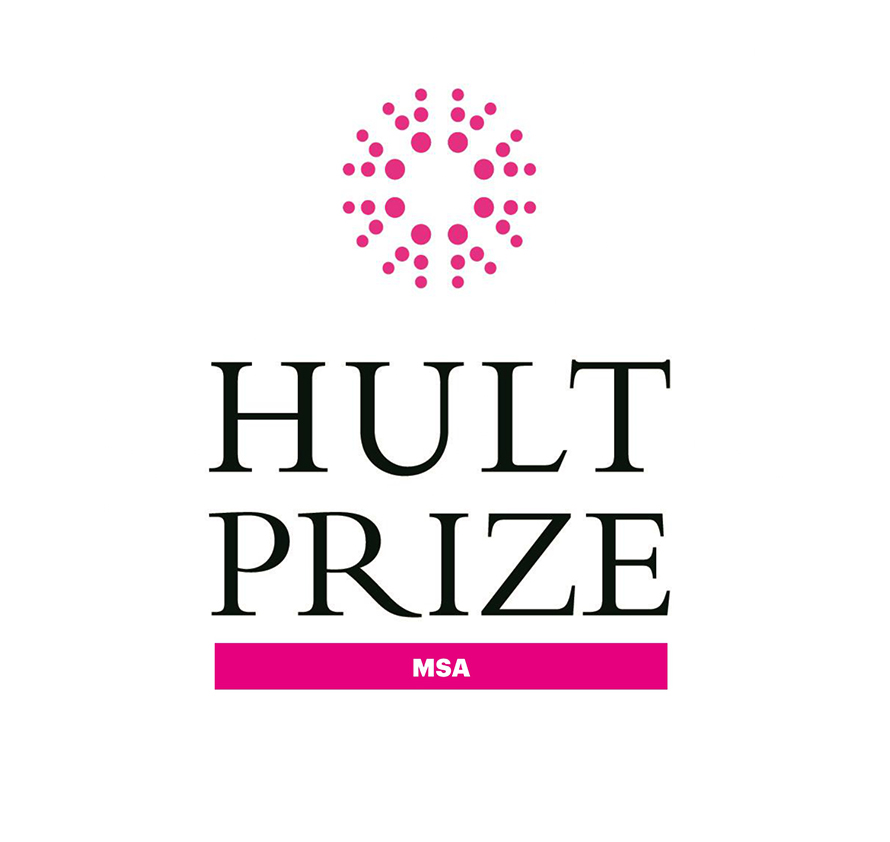
- Board of directors
- Board of mentors
We are going to work hand in hand with the center of excellence (entrepreneurship hub) as well as other student activities to promote the social entrepreneurship and Egypt’s 2030 vision as well as the UN 2030 agenda among students. Hult prize on-campus program main goal is to prepare and allow students to compete with their startups internationally throughout a journey that allows them to gain funds along the way so they can maximize the impact of their startups Having teams from MSA joining Hult prize will indeed help MSA maintaining their position as a beacon of change not only nationally but also internationally. Hosting an on-campus program automatically makes us in MSA recognized internationally as change makers so just imagine the publicity and reputation that we will gain just if we introduced the next generation of social entrepreneurs! We will start our recruitment for the participants as soon as the fall semester starts and during the 2 weeks for recruitment we will make some introductory sessions about the entrepreneurship. After the recruitment we will start our sessions weekly except for the mid-term weeks till our final competition which will be held before 15th of December when it suits the university timeline and the readiness of our participants Throughout the sessions we will tackle different topics all related to entrepreneurship to make our participants well equipped to compete and pitch their ideas
For 10 years now, hult prize has been the largest movement for social entrepreneurship around the globe. Every year Bill Clinton challenges the students worldwide to compete on different stages for the 1 million dollar final prize.
December 14th 2019 marked the first on campus competition for hult prize MSA, after pitching for an outstanding jury and among many innovative projects and startups the top winning three teams were as follows:
On the third place: “CB airless tires” that 3D printed airless tires by recycling convectional ones.
On the second place: “SemiCO2nductor” that utilized CO2 from factories into making high gap electronic ships.
On the first place: “PowerBusters” that found a way to make every plug and switch in your home go smart with the lowest costs.
Those three teams will get the chance to join the national accelerator and competition while only the first one will get a wildcard to join the regional directly .
Facebook: Hult Prize MSA university Page


